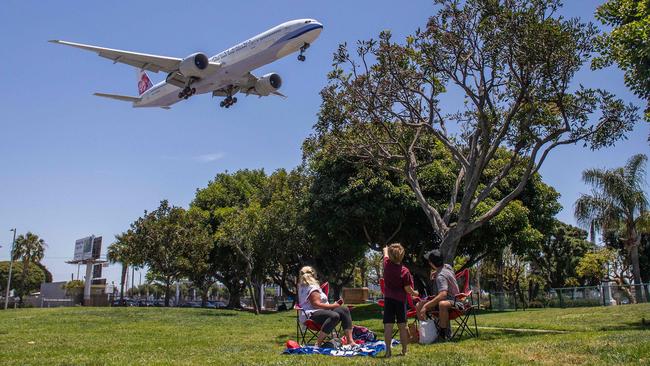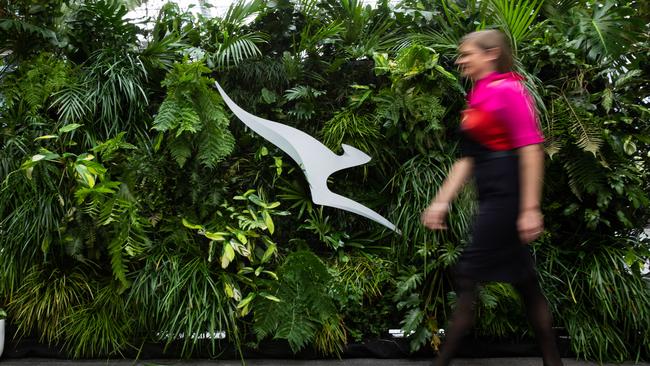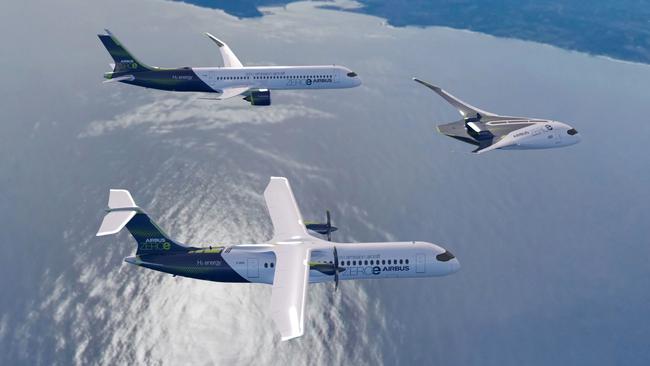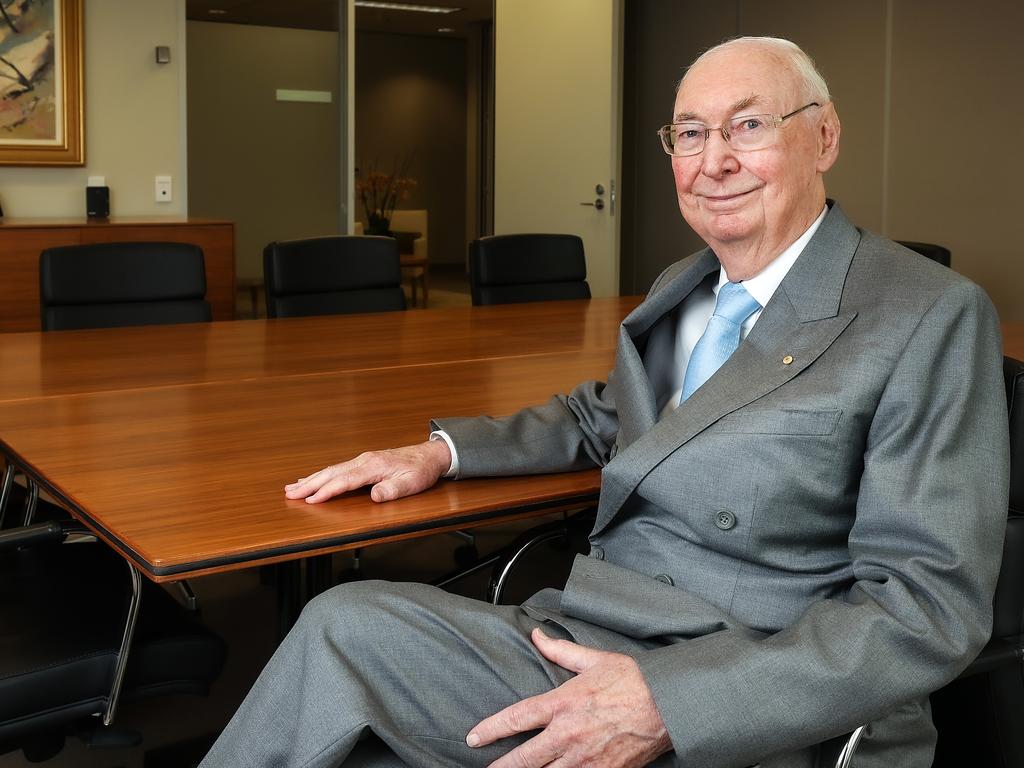Forget comfort or price, airlines are chasing net zero emissions
It’s the most coveted title in the airline industry – the ‘greenest carrier’ – with no shortage of contenders.

Forget the cheapest or most comfortable airline. The most coveted title in the airline industry is that of greenest carrier, as operators strive to meet ambitious sustainability targets.
Contenders for the title include All Nippon Airways, Taiwan’s China Airlines, South America’s LATAM and Japan Airlines according to S&P Global’s latest sustainability rankings.
The business and financial information firm also ranked American Airlines, Air France and Eva Airways in its “sustainability yearbook” out of a total of 57 considered.
Others making significant progress on the emissions’ front, are Abu Dhabi’s Wizz Air, Lufthansa, United and KLM thanks to huge investment in sustainable aviation fuel (SAF).
Qantas is also fighting for recognition for its environmental commitment but an ageing fleet and limited access to SAF are not helping the red kangaroo go green.
At stake is significant revenue – with governments ready to tax airlines that fail to clean up their act, and travellers actively seeking out greener options.

Corporate travel agencies now provide emissions estimates with travel itineraries, with the amount of carbon produced over the course of a work trip just as relevant as the price.
It all adds up to a mammoth challenge for airlines which have set themselves a target of net zero emissions by 2050.
To put the size of the task into perspective, currently the airline industry emits about a billion tonnes of carbon dioxide annually, or 2.4 per cent of the world’s emissions.
Although some of those emissions are being offset through reforestation projects, energy efficient cooking stoves and other initiatives, most are not.
As far as Emirates’ president Sir Tim Clark is concerned, achieving net zero emissions is “probably the most vexing question” the airline industry has faced.
Indeed there is no simple answer.
Aircraft are built to fly on fossil fuel, and although they can operate on sustainable alternatives, there is simply not enough being produced to power more than a tiny fraction of the world’s flights.
For example in 2022, 300 million litres of sustainable aviation fuel was made representing just 0.315 per cent of the airline industry’s total fuel consumption.
Even as production levels increase it’s unlikely to keep pace with the growth in passenger demand for flying, forcing airlines to look for other ways to achieve net zero.
Enter the two big aircraft manufacturers, Airbus and Boeing which strive to better their previous efforts with every new aeroplane.

Lighter and more fuel efficient, the B737 Max, B787, A350 and A321neo models are in huge demand because of the fuel savings they deliver, but they still won’t get airlines to carbon neutral status.
“It’s hugely difficult,” says Sir Tim. “We need to be looking at things that will be more dramatic in their result.”
By that he means green hydrogen and synthetic fuels as well as electric aircraft all of which have their own set of challenges.
Hydrogen and synthetic fuels require significant energy to produce and enormous investment, and electric aircraft are so far limited in size and range.
The other problem is fierce airline rivalry which means there’s an ad hoc approach to the sustainability challenge rather than a co-ordinated industry-wide strategy.
Airlines are essentially going it alone in their quest for net zero, forming partnerships with outside companies to help further their cause.
For instance Qantas has established a $200m fund with Airbus to invest in viable SAF projects, in the hope the green fuel will make up 60 per cent of the airline’s fuel use by 2050.
A multi-billion dollar domestic fleet renewal will also help slash Qantas’ emissions in the years ahead.
British Airways, United Airlines and Air New Zealand are separately teaming up with a range of future-focused companies to help bring hydrogen-electric powered aircraft into their fleets, as soon as 2030.
Other initiatives include Cathay Pacific eliminating paper from cockpits, KLM’s campaign urging passengers to take the train over shorter distances, and Delta’ massive recycling efforts — even turning old uniforms into upholstery.
Virgin Australia’s current focus is reducing waste, with the results of a waste audit conducted in 2022 to be released shortly.
Professor of Aviation at Griffith University, Tim Ryley, says there is no question airlines need to work together to achieve net zero, preferably with the guidance of the International Civil Aviation Organisation (ICAO).
“Some parts of the world are quite ahead on this, and others are lagging or not really involved so it’s really got to be a global focus and solutions,” Prof Ryley says.
“Those that are ahead, tend to reflect the position of their country, like the European and American carriers.”
International Air Transport Association director-general Willie Walsh agrees global standards are needed for a sustainable airline industry, once there is greater understanding of how that can be achieved.
“The right decisions by governments can strengthen the foundations for aviation’s decarbonisation,” Walsh says.




To join the conversation, please log in. Don't have an account? Register
Join the conversation, you are commenting as Logout